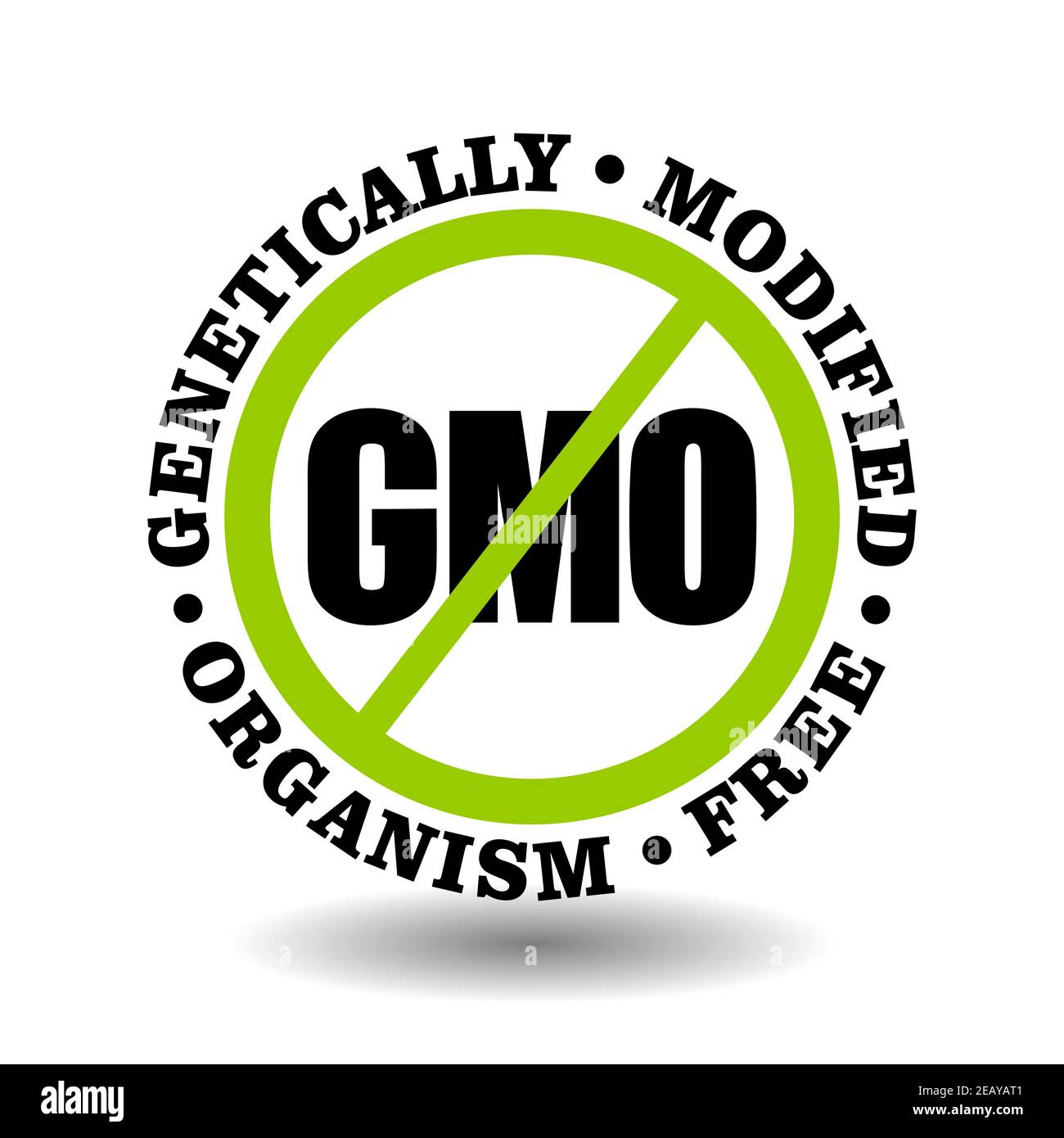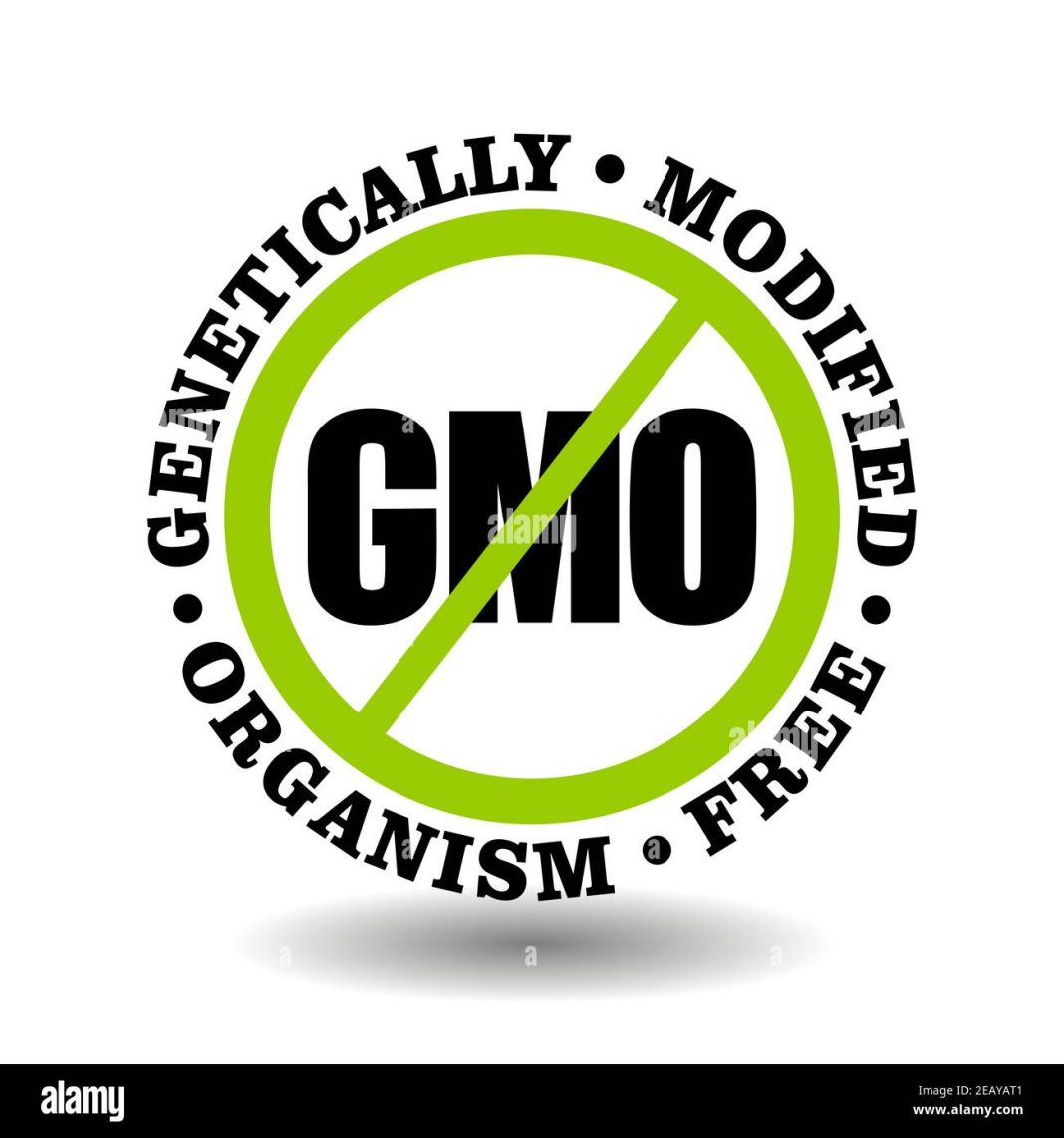 Introduction:
Introduction:
Genetically modified organisms (GMOs) have been a point of controversy in agriculture since their introduction into U.S. commercial farming in 1996. Proponents argue that GMOs offer better crop yields, climate resilience, and increased food supply. However, some researchers dispute these claims, and consumer opinions on GMOs remain mixed. This article will explore the ongoing debate surrounding GMOs, the rising demand for organic and non-GMO products, the effectiveness of GMOs in increasing crop yields, the potential benefits and drawbacks of genetic engineering in farming, and the health concerns associated with GMO consumption.
The Debate Over GMOs:
The introduction of GMOs in U.S. commercial agriculture has sparked a heated debate among farmers, environmental groups, and consumers. While proponents believe that GMOs offer numerous benefits, such as improved crop yields and climate resilience, skeptics express concerns about the health consequences and environmental impact of genetically modified foods. According to a 2019 Pew Research Center survey, 51% of respondents believed that GMOs were worse for human health than non-GMOs. However, 74% also believed that GMOs were likely to increase the global food supply, and 62% believed they could lead to more affordable food prices.
Rising Demand for Organic and Non-GMO Products:
Despite the ongoing debate, organic and non-GMO products have seen a significant increase in consumer demand. The Non-GMO Project, the second most widely recognized food certification after USDA organic, has witnessed a growing demand for products with its verified label. In 2023, the Organic Trade Association reported record U.S. sales of organic products, reaching nearly $70 billion. This increasing demand reflects consumers’ preference for non-GMO and organic options, indicating a growing distrust of genetically modified foods.
Measuring Crop Yields:
When evaluating the effectiveness of GMOs in increasing crop yields, two types of yields are considered: intrinsic and operational. Intrinsic yield represents the highest possible yield under ideal conditions, while operational yield is determined by actual field conditions. A study by the Union of Concerned Scientists found that genetically modified corn and soy did not show any significant intrinsic yield gains compared to non-GMO varieties. Researchers attributed overall yield increases to traditional breeding methods and improved agricultural practices. However, over 90% of corn, soybeans, and upland cotton in the U.S. are now grown using genetically engineered varieties, making them crucial for large-scale crop production.
Potential Benefits and Drawbacks of Genetic Engineering:
Genetic engineering in farming offers both potential benefits and drawbacks. Critics express concerns about potential pitfalls, such as reduced soil fertility, harm to beneficial organisms, and the transfer of insecticidal properties or virus resistance to wild relatives of crop species. However, proponents argue that genetic engineering can address issues like hunger and malnutrition in developing countries. For example, golden rice, genetically modified to address vitamin A deficiency, could help prevent blindness in impoverished children. While genetic engineering presents opportunities, it also raises valid concerns about unintended consequences.
Challenging Climate Claims:
Proponents of GMOs claim that herbicide-tolerant crops, when combined with glyphosate weed control, enable farmers to minimize soil disturbance and reduce carbon dioxide emissions. However, other researchers challenge this assertion. The director of science programs for The Organic Center argues that organic farming is more climate-smart due to its reduced reliance on synthetic ammonia fertilizer, which contributes to energy consumption and nitrous oxide emissions. Additionally, organic farming promotes higher organic matter content and stable sequestered carbon in the soil. Therefore, organic farming presents a viable alternative for mitigating climate change.
Health Concerns and Environmental Impact:
While the U.S. Food and Drug Administration maintains that GMOs are safe and healthy, concerns arise regarding their potential impact on human health. Studies have associated consumption of ultra-processed foods, which often contain GMO-derived ingredients, with an increased risk of cancer. Furthermore, the use of potentially cancer-causing chemicals in GMO production is a significant cause for concern. Glyphosate-based herbicides, widely used with GMO crops, have been linked to an increased risk of non-Hodgkin lymphoma. Pesticide exposure has also been associated with a higher risk of autism spectrum disorder in children. The use of herbicides and pesticides in GMO farming practices has led to environmental degradation, reduced biodiversity, and the emergence of pesticide-resistant weeds and insects.
Scaling Challenges and Organic Farming:
One argument in favor of GMOs is their ability to meet the volume of food production necessary to feed the growing population. However, proponents of organic farming argue that they are ready to tackle scaling challenges. Organic farmers have developed innovative practices to increase yields and manage pests and weeds manually. Practices such as multi-cropping and crop rotations improve soil health and narrow the yield gap between organic and conventional farming. While current regulations prohibit genetically modified traits in organic farming, some researchers argue that GMO crops could coexist with organic practices.
Conclusion:
The debate surrounding GMOs in agriculture continues to be contentious. While proponents argue that GMOs offer benefits such as increased crop yields and climate resilience, skeptics express concerns about health consequences and environmental impact. The rising demand for organic and non-GMO products reflects consumers’ preference for safer and more sustainable options. Evaluating crop yields reveals that traditional breeding methods and improved agricultural practices have played a significant role in overall yield increases. Genetic engineering presents both potential benefits, such as addressing malnutrition, and drawbacks, including unintended consequences. Climate claims related to GMOs are challenged by research supporting the climate-smart practices of organic farming. Health concerns arise from the use of potentially harmful chemicals in GMO production, while environmental impacts include reduced biodiversity and the emergence of pesticide-resistant weeds and insects. As the debate continues, organic farming demonstrates its ability to address scaling challenges and provide sustainable solutions for the future of agriculture.


